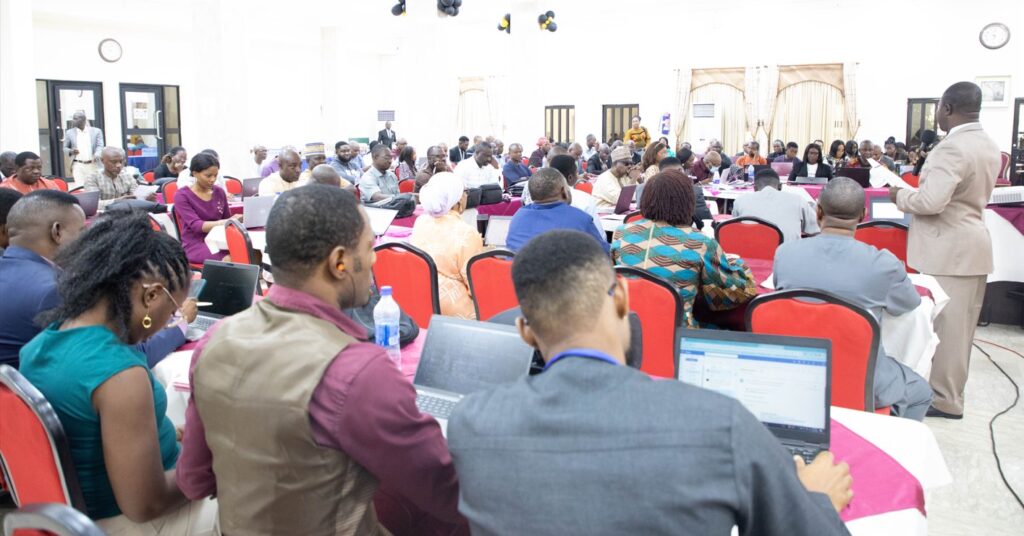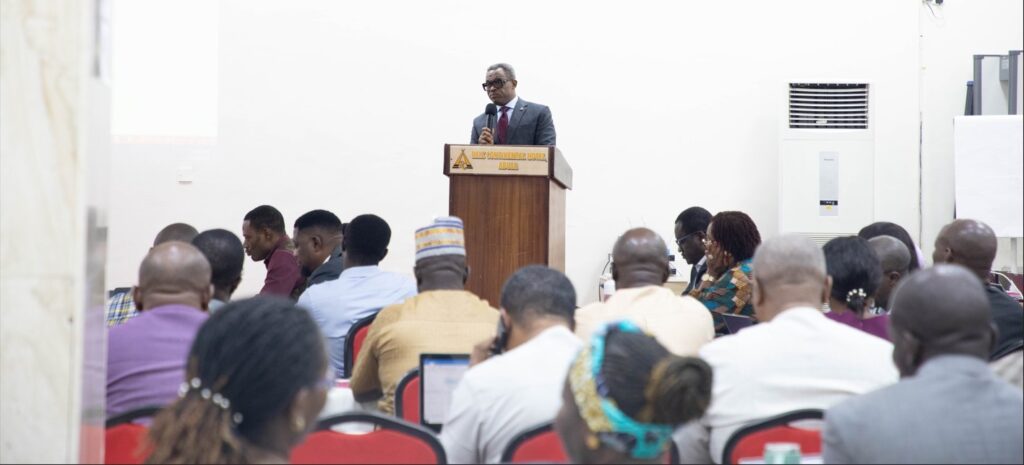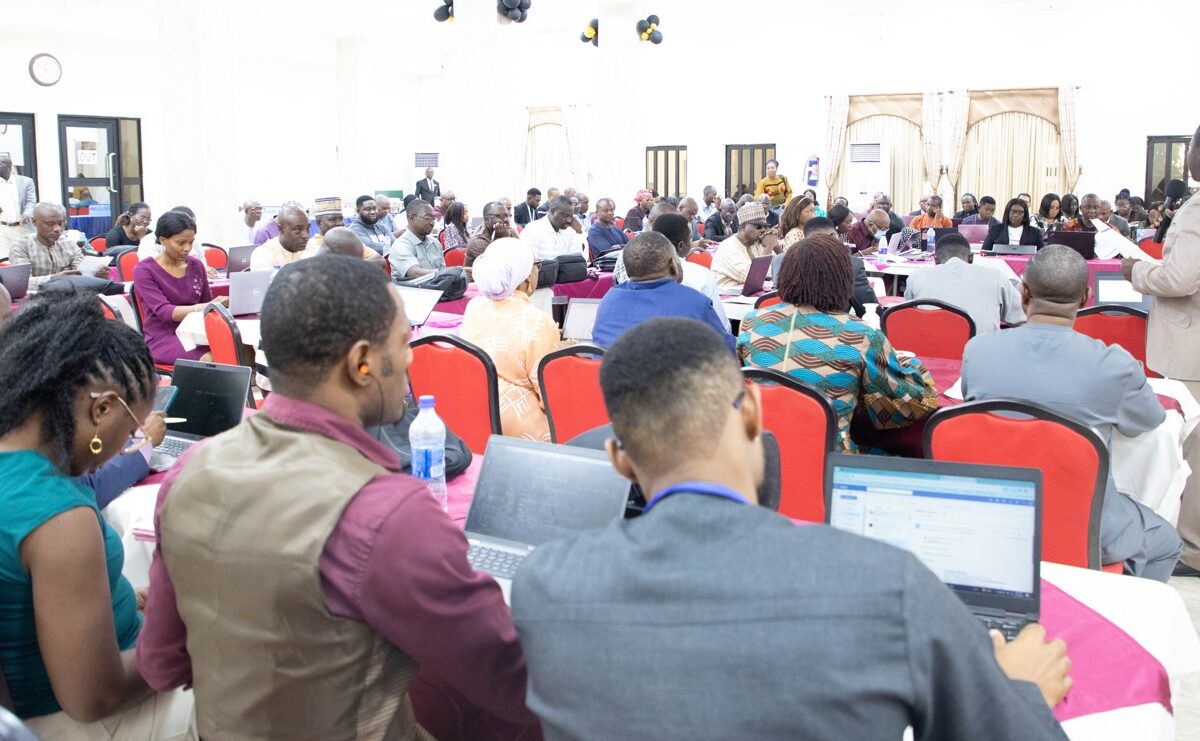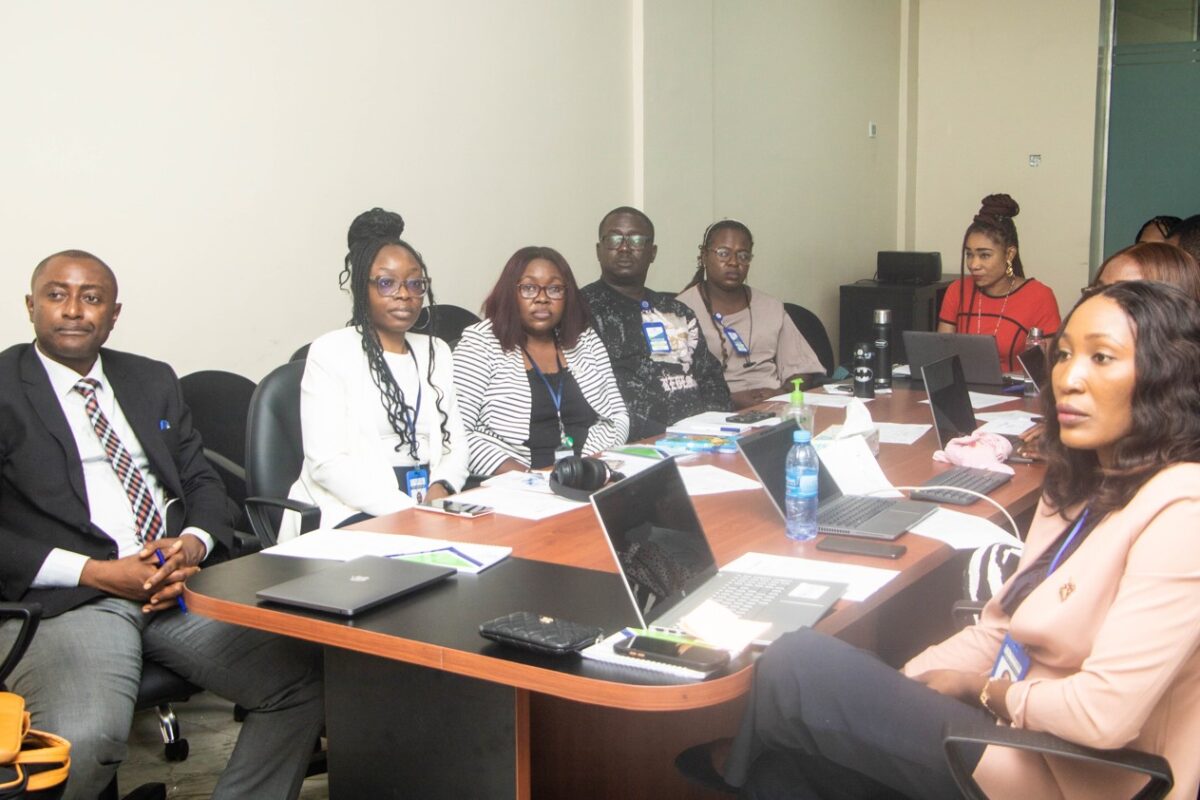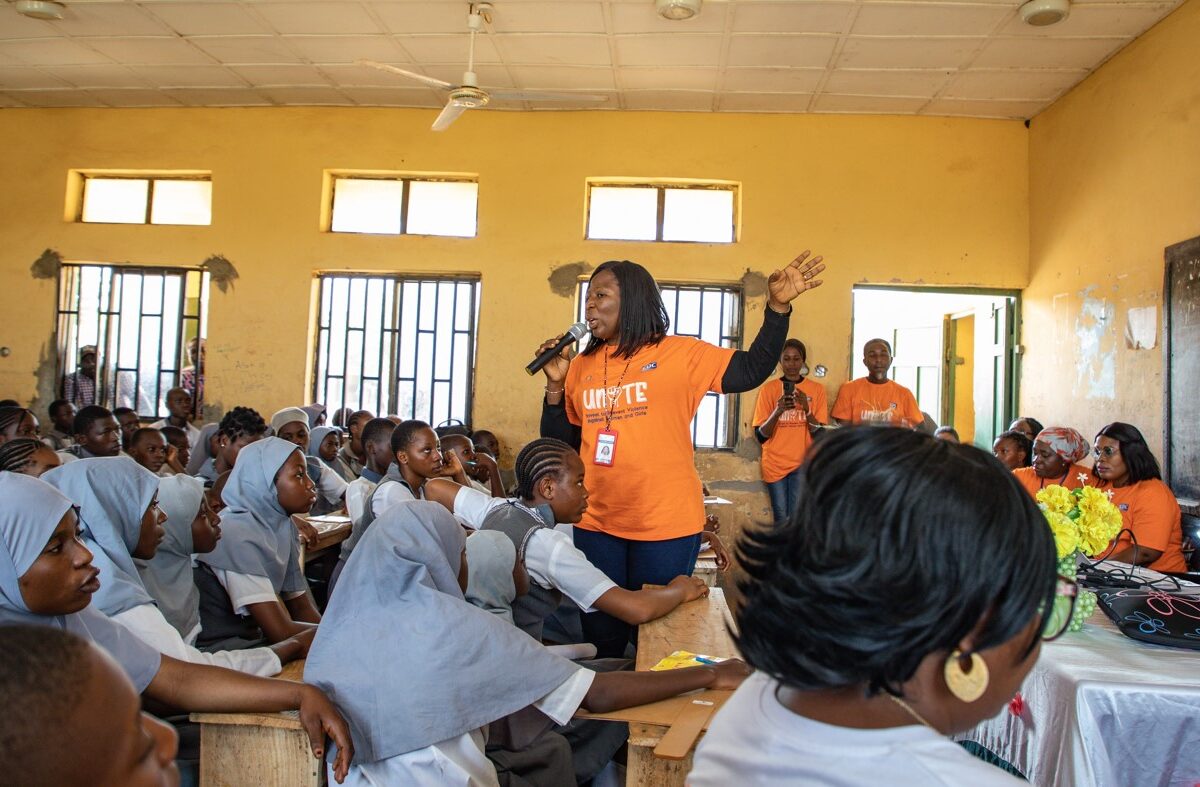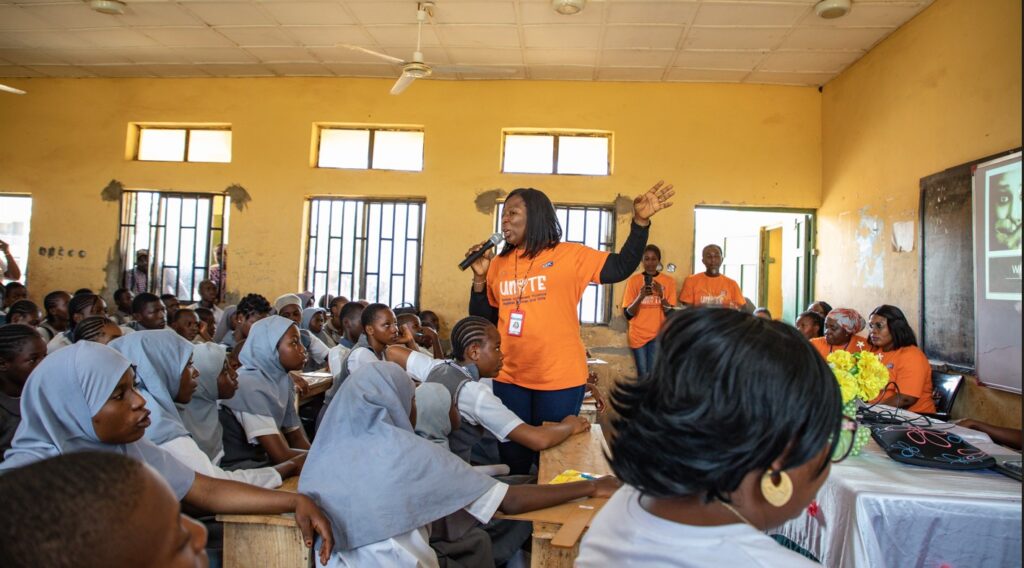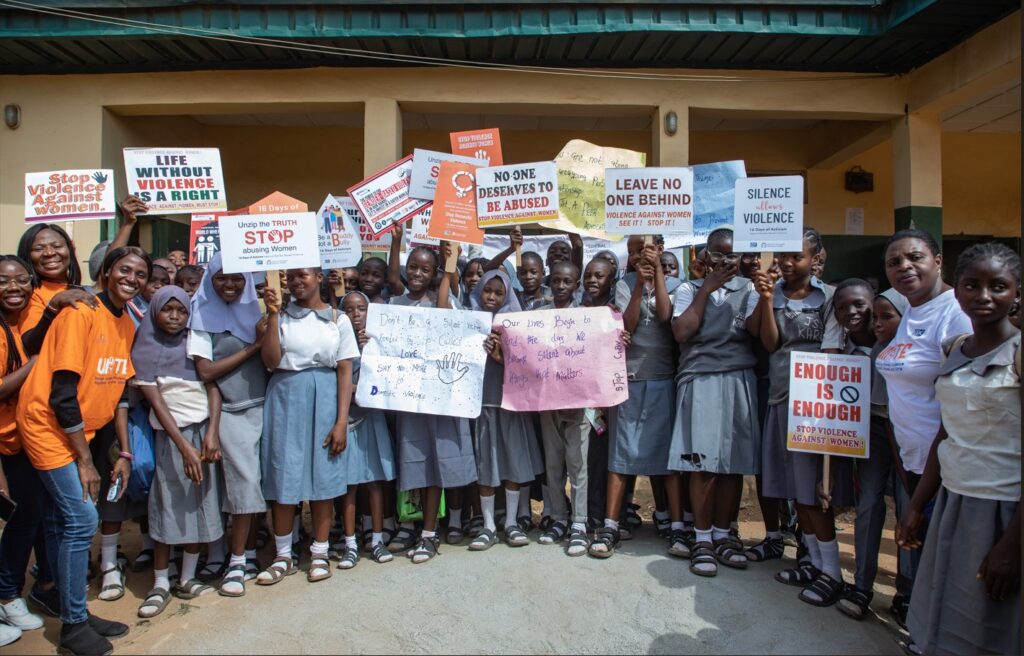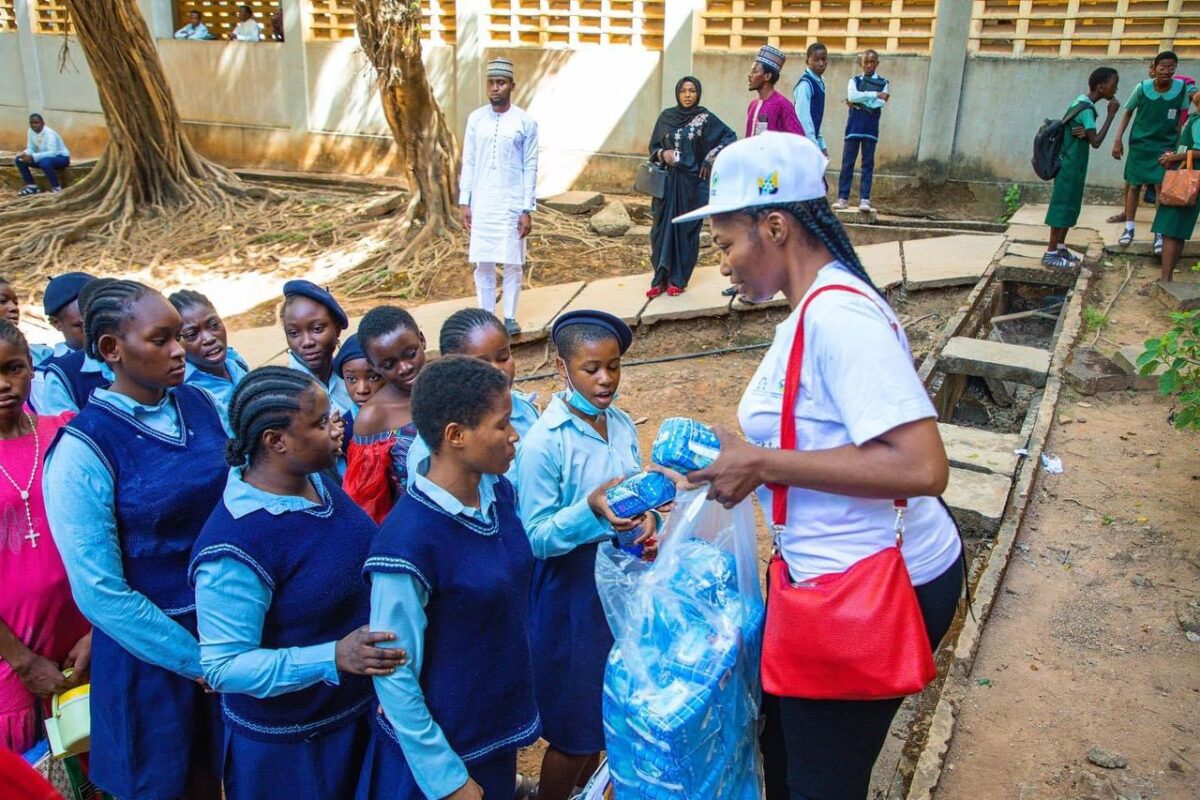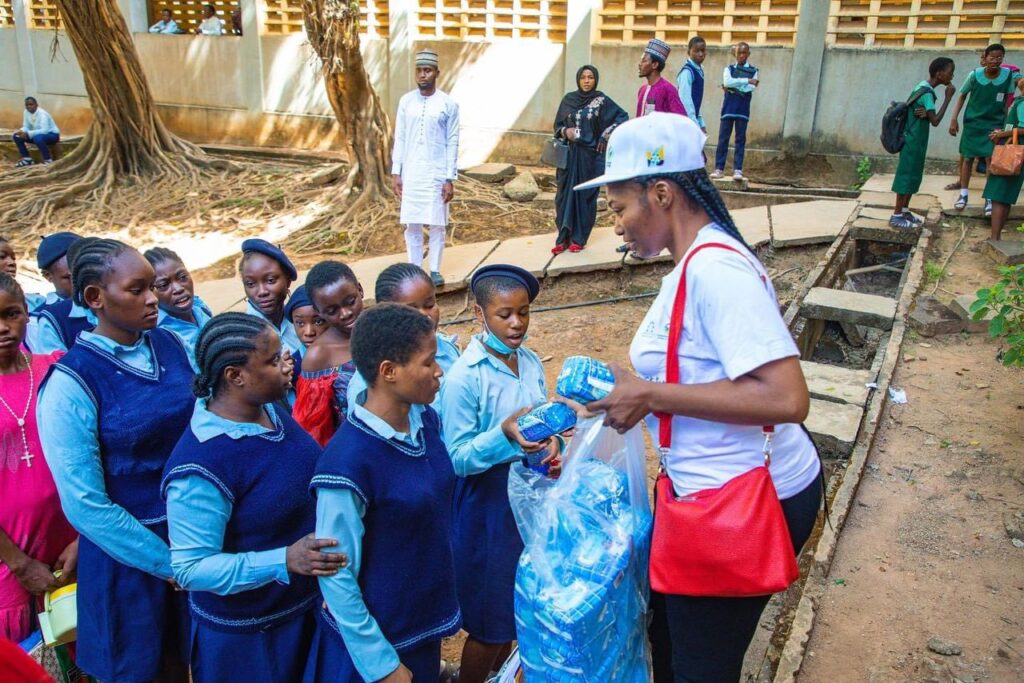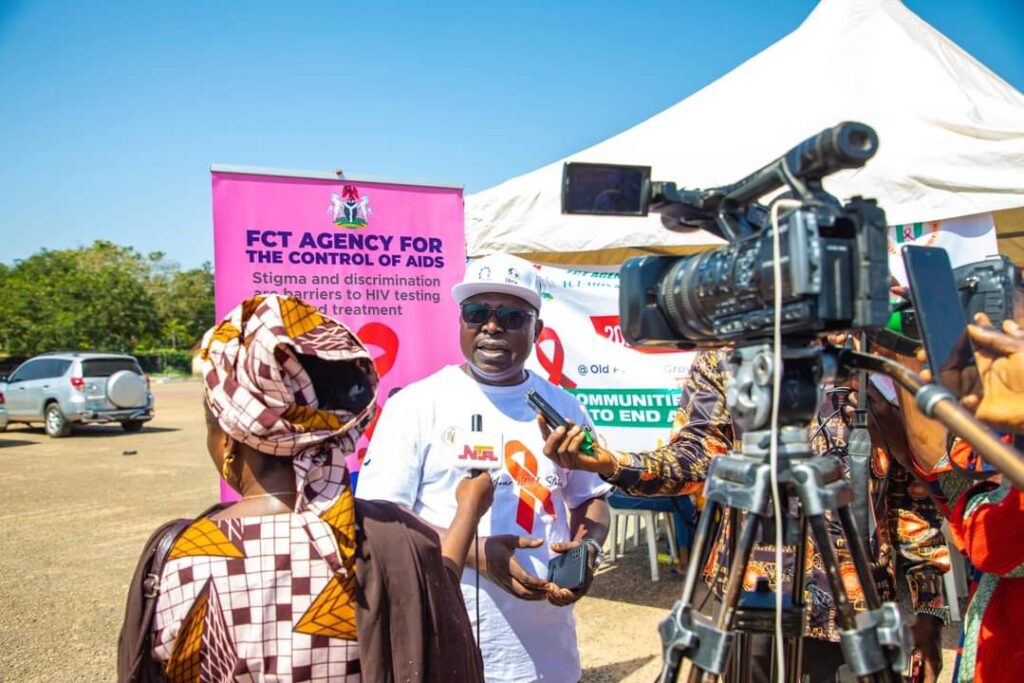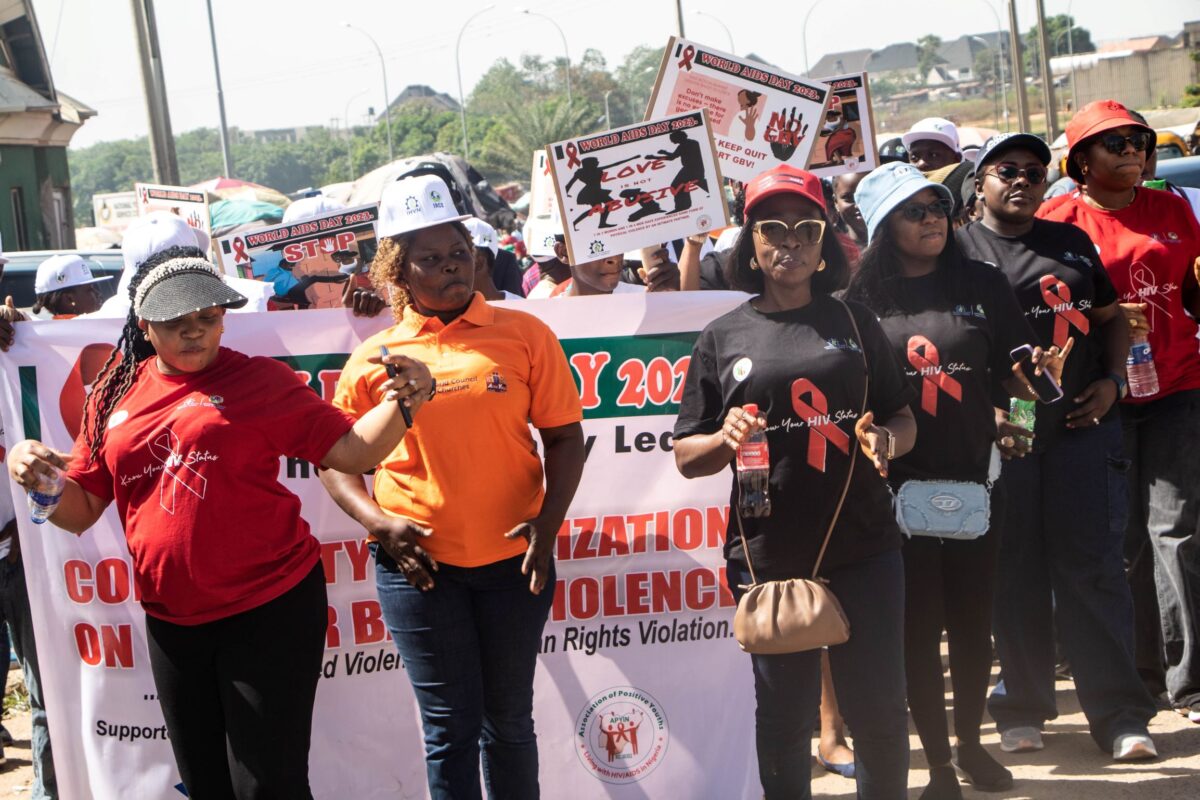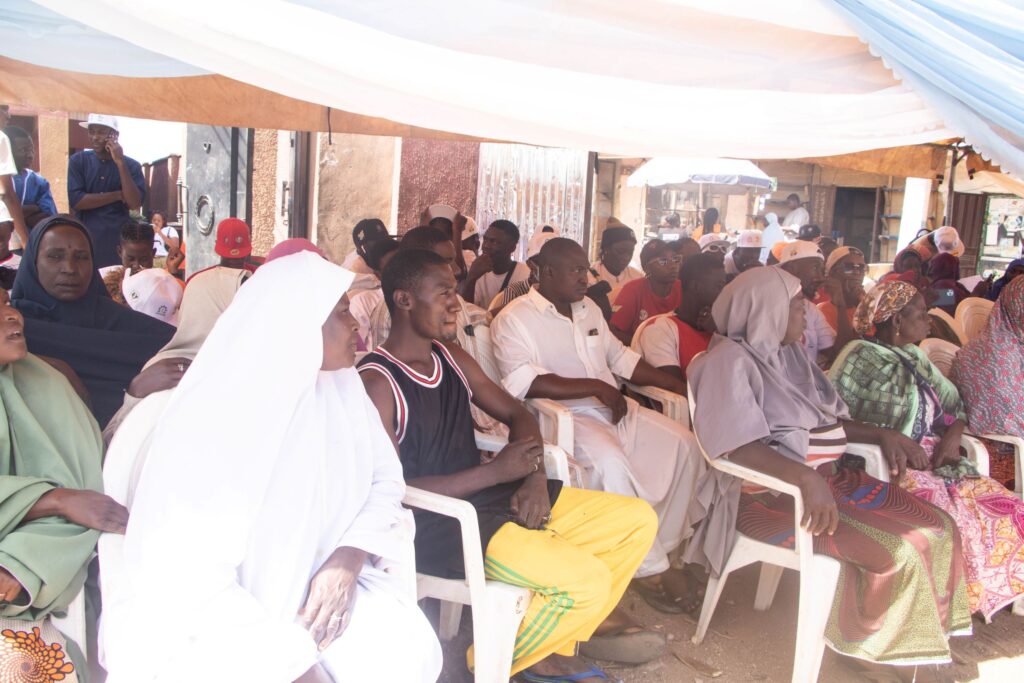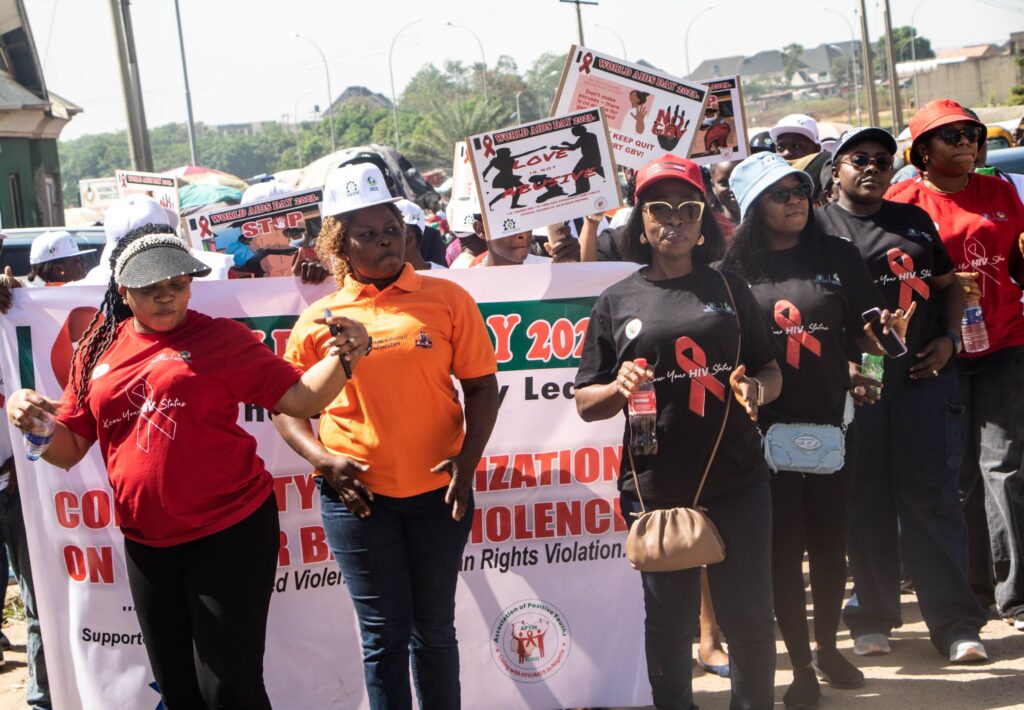The Institute of Human Virology Nigeria (IHVN) has called for collaboration to implement the Global Fund to Fight AIDS, Tuberculosis and Malaria Grant Cycle 7 (GC7) project, a nationwide project to improve HIV and tuberculosis prevention and treatment services.
IHVN Chief Executive Officer, Dr. Patrick Dakum, made this call at a workshop in Abuja with more than 100 stakeholders from the government, public and private sectors in attendance.
“We all need to work together to give the best services to Nigerians. As we embark on the largest Global Fund grant awarded to a local non-governmental organization, we are confident that as a unified Nigerian team, we can achieve the grant’s goals of preventing and caring for individuals with tuberculosis and HIV and ensure that no one is left behind. We believe that this goal is within our reach through strong leadership from the government at various levels, collaboration, integration, and community engagement,” he said.
Dr Dakum urged the sub-recipients of the grant to avoid duplication of services as resources are limited.
“The need for collaboration and alignment at the state and LGA levels cannot be overemphasized. The Global community is watching whether Nigeria will succeed or not. As Principal Recipient of the grant, we are committed to providing the best platform for success working under the National Guidelines,” he added.
The GC7 project is focused on ensuring early diagnosis of TB and HIV and providing comprehensive care for affected individuals. The grant which runs from January 2024 to December 2026 will increase the provision of tuberculosis services in the community and through public-private partnership.
Other objectives of the grant include expanding HIV testing for all pregnant women in communities and strengthening laboratories and supply chain management. IHVN has engaged the Association for Reproductive and Family Health (ARFH), Caritas Nigeria, Damien Foundation Nigeria, KNCV Tuberculosis Foundation Nigeria, Leprosy & Tuberculosis Relief Initiative, Nigeria (LTR), The Leprosy Mission Nigeria (TLMN), REDAID Nigeria, and Stop TB Nigeria as sub-recipients to provide tuberculosis services. In the same vein, Achieving Health Nigeria Initiative (AHNi), Excellence Community Education Welfare Scheme (ECEWS), Society for Family Health (SFH), and Network of People Living with HIV and AIDS in Nigeria (NEPWHAN) will be providing comprehensive HIV care services.
